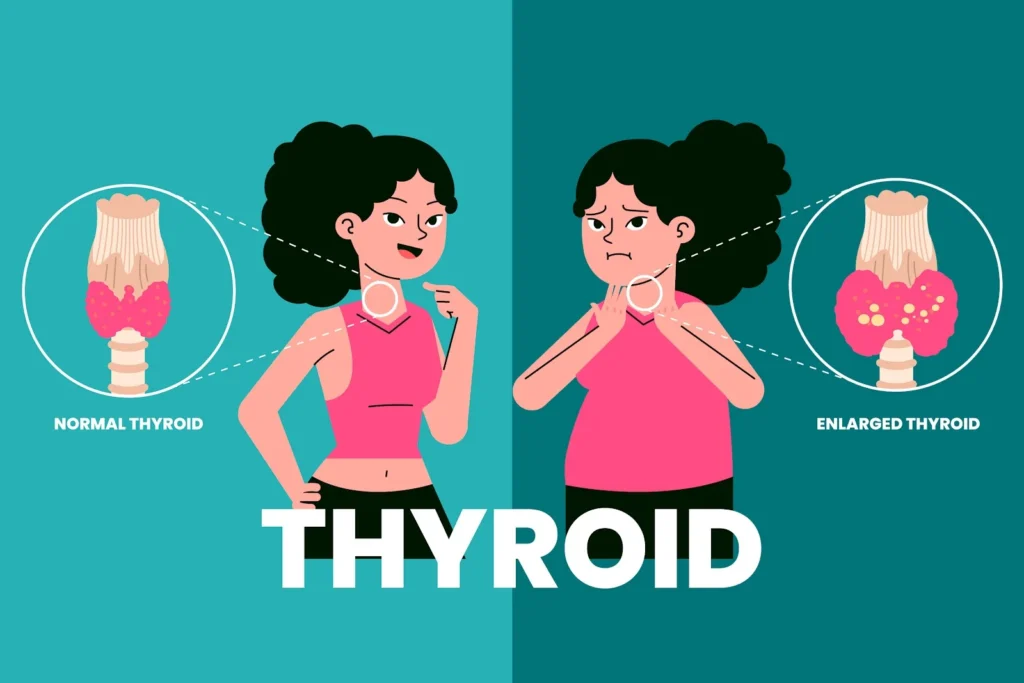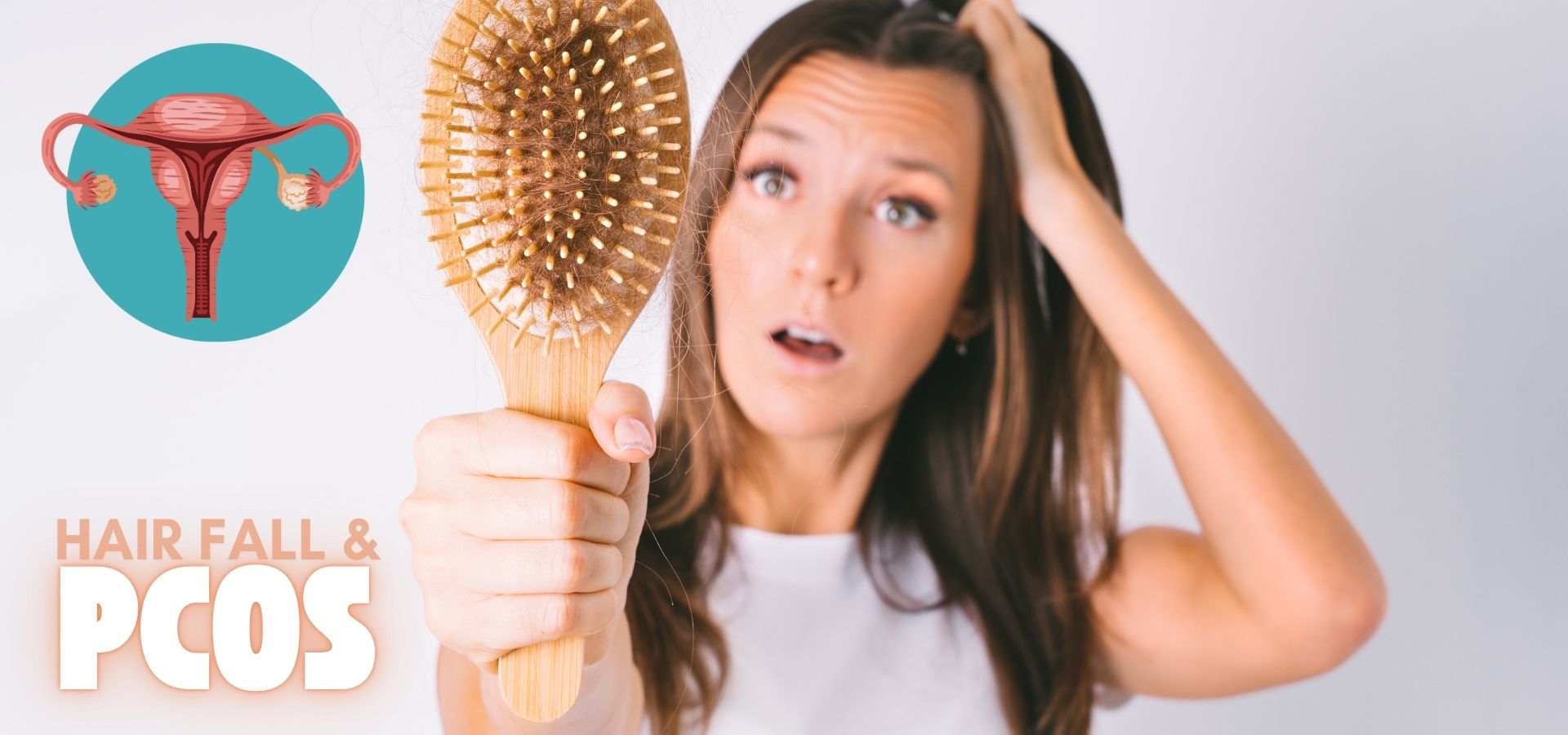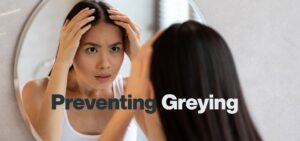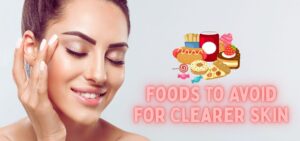Hair fall can be due to multiple reasons as addressed in our previous blog.
The hair fall in PCOS is different in numerous ways starting from the cause, the way the hair falls – leaving the route of the hair tinier than before (miniatured) and with semi permanent to permanent decrease, in hair density.
Delaying to address your irregular periods and postponing lifestyle modifications is going to affect your hair and over all health with time. Let’s act now!
What happens to the Hair roots in PCOS?
PCOS hair fall (patterned hair loss) is mainly driven by hormonal imbalance, particularly high androgens like testosterone or DHT, or imbalance in the female hormones, which miniaturized hair follicles.
This causes a typical thinning around your hair parting and crown area, called ‘androgenic thinning.’ Or ‘Female Pattern Hair Loss’. Sometimes it can be hereditary, passed on in the family.

Shampoos or serums can make your hair feel nice, but they won’t fix the actual problem. To genuinely stop the hair fall, we need to fix the hormones from with-in.
Can other conditions lead to patterned hair loss, other than PCOS?
Yes, there are many conditions that mimic PCOS, which are called ‘Secondary PCOS’.
For example,
Hypothyroidism, one of the most common endocrine issues seen in the population, can closely mimic all the symptoms of PCOS.
Also Read: Why is Acne in PCOS different?

The other causes are hyperprolactinaemia, late onset congenital adrenal hyperplasia, certain drugs, insulin resistance, chronic stress, etc.
All of this can simply be diagnosed and ruled out in a single blood test, which is a great thing right!
How do we treat PATTERNED HAIR LOSS?
Lifestyle modification – you know what’s healthy, everyone knows what’s healthy . The internet is filled with advice for healthy living, I need not add to it. But this plays a huge part in dealing with insulin resistance – which plays a major role in the long run.
Hormonal regulation (weight loss, insulin sensitizers like metformin, or hormonal pills as required).
Anti-androgen medications if there is a problem with male hormone levels. (like spironolactone – based on the hormonal work up). When there is hypothyroidism, we take thyroid medicines, this is as simple as that – there is excess male hormone, we just inhibit that hormone.
Supplements like Vitamin D, zinc, and inositol can be supported. Though they look small, they contribute significantly. Like the squirrels that helped Rama build the bridge to Lanka!
Minoxidil (topical) is one of the few clinically proven options – to reverse the thinning considerably. Forgot everything you know about minoxidil and just keep using it.
Peptide serums with DHT blocking activity can potentially counteract the effect of testosterone on the scalp. They can help in the early stages of hair loss as well as in the minoxidil weaning period.
So what are the key points here – let’s just stop those snacks, take an extra few steps, Consult someone who is an expert in understanding hair loss – a Dermatologist of course! There is no point witnessing your hair loss everyday and getting stressed over it. You take care.



